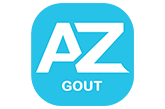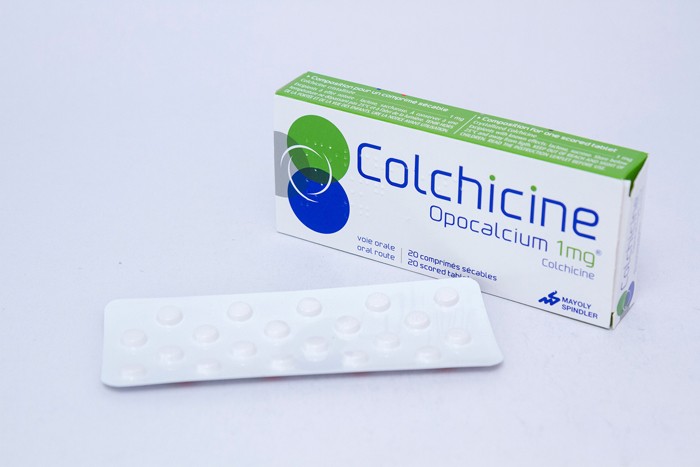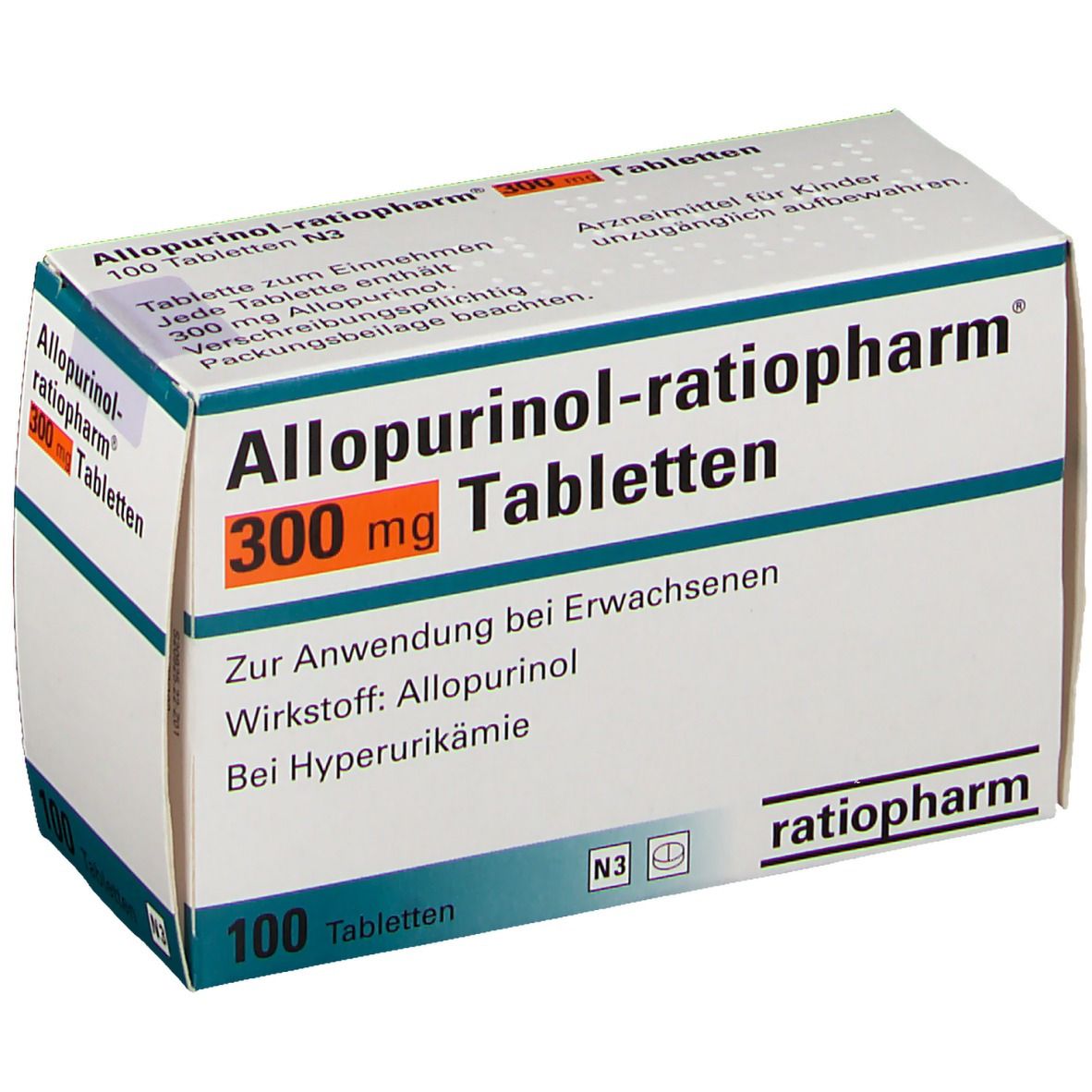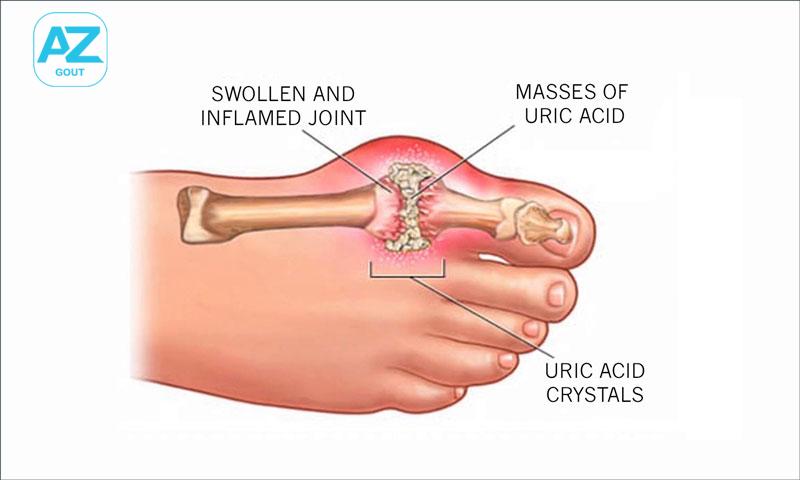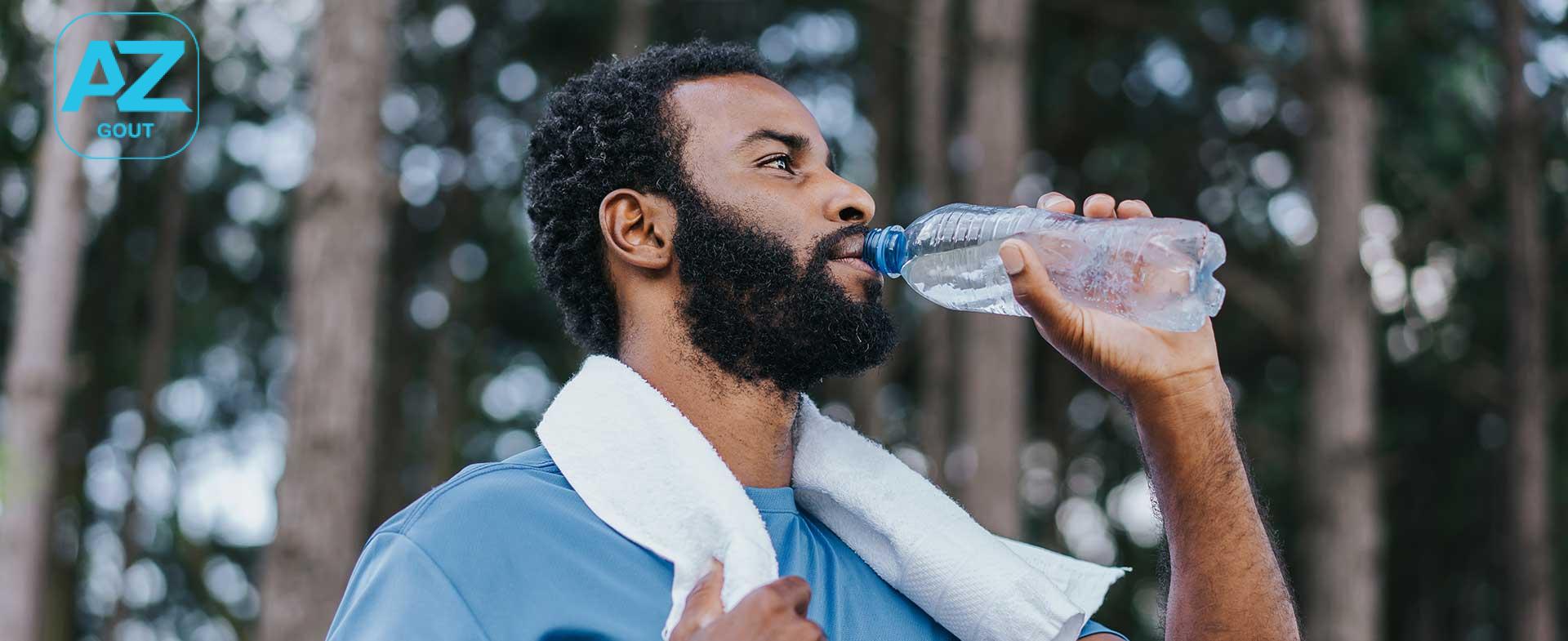
Determining the right amount of water to drink daily can be confusing, with various guidelines and recommendations available. Many people believe that drinking more water is always better, leading to larger and more advanced water bottles that track fluid intake. However, individual water needs vary.
The Importance of Hydration
Water is crucial for overall health. With approximately 60% of your body weight comprised of water, staying hydrated is essential for many bodily functions. Water helps:
- Lubricate joints and tissues
- Improve circulation
- Eliminate waste through perspiration, urination, and bowel movements
Research also suggests that proper hydration is linked to better health outcomes, including fewer chronic diseases such as heart disease and longer lifespans. Mild dehydration can lead to symptoms like fatigue, bright yellow urine, constipation, dizziness, headaches, and low energy levels.
Determining Your Optimal Water Intake
The amount of water you need can differ based on several factors, including age, health status, activity level, and environmental conditions. The National Academies of Sciences, Engineering, and Medicine provide general guidelines for daily fluid intake in mild climate regions:
- Men: 3.7 liters (15.5 cups)
- Women: 2.7 liters (11.5 cups)
These recommendations account for the fact that about 80% of your daily water intake typically comes from beverages, with the remaining 20% from water-rich foods like watermelon, grapes, and tomatoes.
Who Might Need More Water?
Certain conditions and lifestyle factors may increase your water requirements:
- Exercise and Heat: Increased water loss through sweating during exercise or hot weather requires higher fluid intake.
- Age and Health: Older adults often need more water due to reduced thirst sensitivity and fluid regulation. If you’re managing infections, fighting illnesses, or pregnant or breastfeeding, your hydration needs may also be higher.
Tips for Maintaining Hydration
To stay well-hydrated:
- Spread Your Intake: Drink water consistently throughout the day, including with and between meals and before, during, and after exercise.
- Avoid Thirst: Don’t wait until you’re thirsty to drink; this can be a sign of early dehydration. Aim to sip water regularly, about every 10 minutes throughout the day.
Can You Drink Too Much Water?
While overhydration is rare in healthy adults, it’s possible, especially for athletes involved in extreme sports or long-duration exercise. Consuming excessive amounts of water without adequate electrolytes can dilute blood sodium levels, leading to a serious condition called hyponatremia.
Special Considerations:
- Kidney Disease: Individuals with kidney issues or those needing fluid restrictions due to conditions like heart disease are at higher risk of overhydration.
To gauge your hydration status, monitor your urine color. Nearly clear or pale yellow urine typically indicates good hydration. For personalized advice, consult with a healthcare provider or dietitian to determine the right amount of water for your specific needs.
